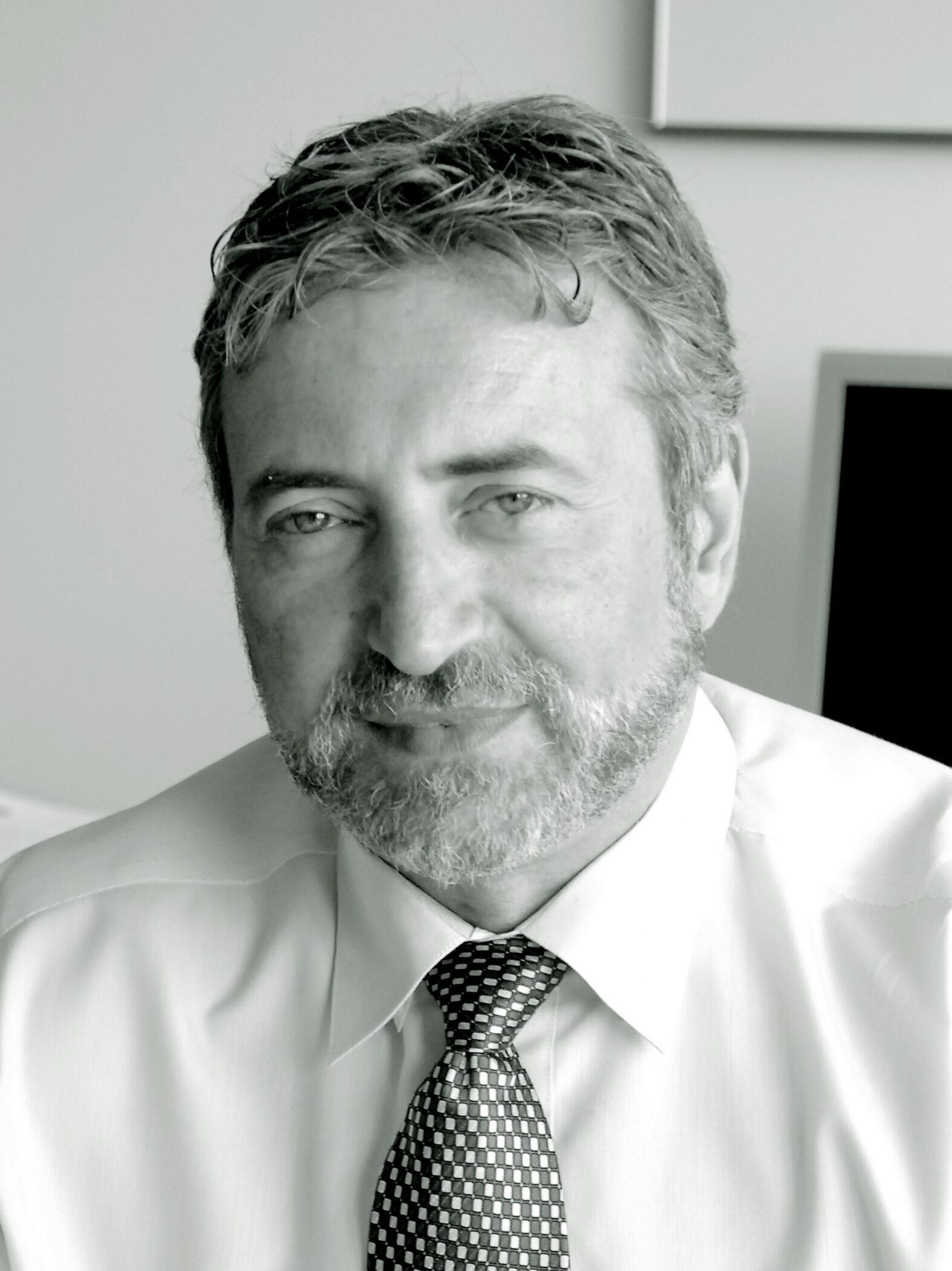Meet Our Physicists
Andrei Ruckenstein

Ruckenstein joined the faculty of Boston University as Professor of Physics in 2007. He was an Assistant Professor at the University of California San Diego from 1985 to 1988, and an Associate Professor and Professor at Rutgers from 1988 to 2007.
Ruckenstein received his A.B. magna cum laude at Princeton in 1978, and received his M.S. (1981) and Ph.D. (1984) in Physics from Cornell. Additionally, he received a Degree in Music (Conducting/Piano) from the Romanian National School of Music in 1971.
Ruckenstein’s research focuses primarily on three areas: statistical mechanics models of classical computation, strongly correlated systems, and new models for higher education. In the context of computational problems, he has worked to develop a new approach to reversible classical computation by mapping a universal reversible classical logic circuit into a quantum planar vertex model that encodes the result of the computation in its ground state. In addition, he has explored the connection between the problem of single gene transcription and classical computation. In terms of correlated systems, he has investigated models of marginal Fermi liquid behavior at Lifshitz transitions in models of correlated systems, which support the evolution from hole to electron Fermi surfaces. Finally, in his work as a University administrator he has explored new models of Higher Education that can address structural issues with the current model of research-intensive universities.
Ruckenstein is a Fellow of the American Physical Society, a 1994 recipient of the Senior Humboldt Prize, and a Fellow of the Sloan Research Foundation.

Positions Held
General Member, 1995 – 2010
Trustee, 2001 – 2004
President, 2004 – 2007
Honorary Trustee, 2010 – current
Related Content

Presidential Essay from Andrei Ruckenstein
By Andrei Ruckenstein
I first visited the Aspen Center for Physics (ACP) in the summer of 1985, one year after I finished my PhD and joined the theory group at Bell Laboratories. That June I had the opportunity to spend one month with my now-good friends, Dieter Vollhardt and his post-doc supervisor, Peter Woelfle at the Max Plank Institute and the Technical University in Munich